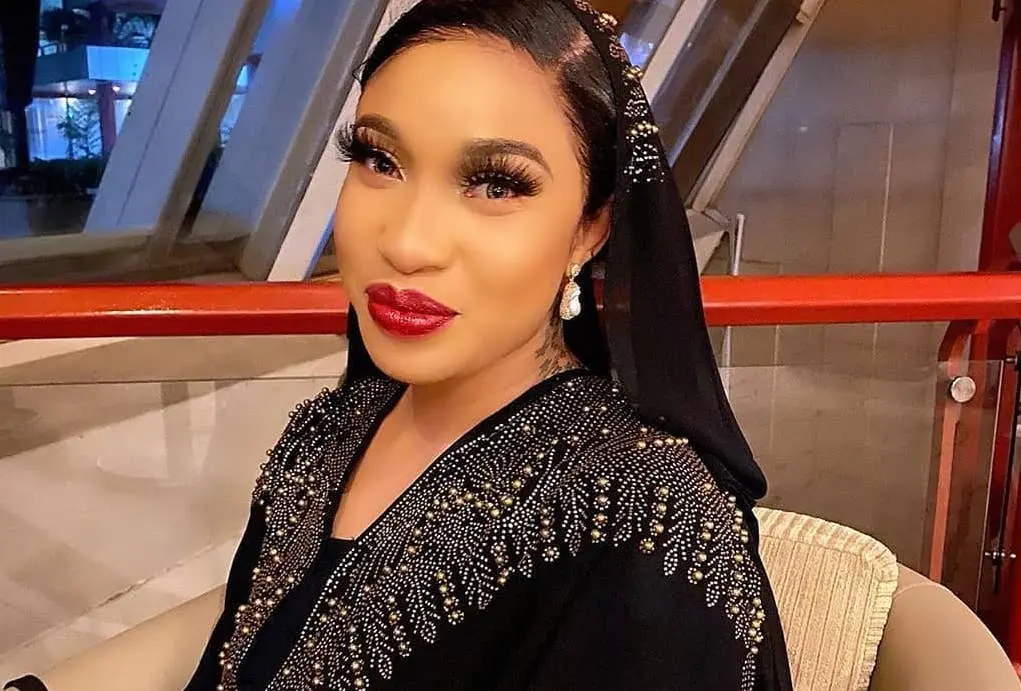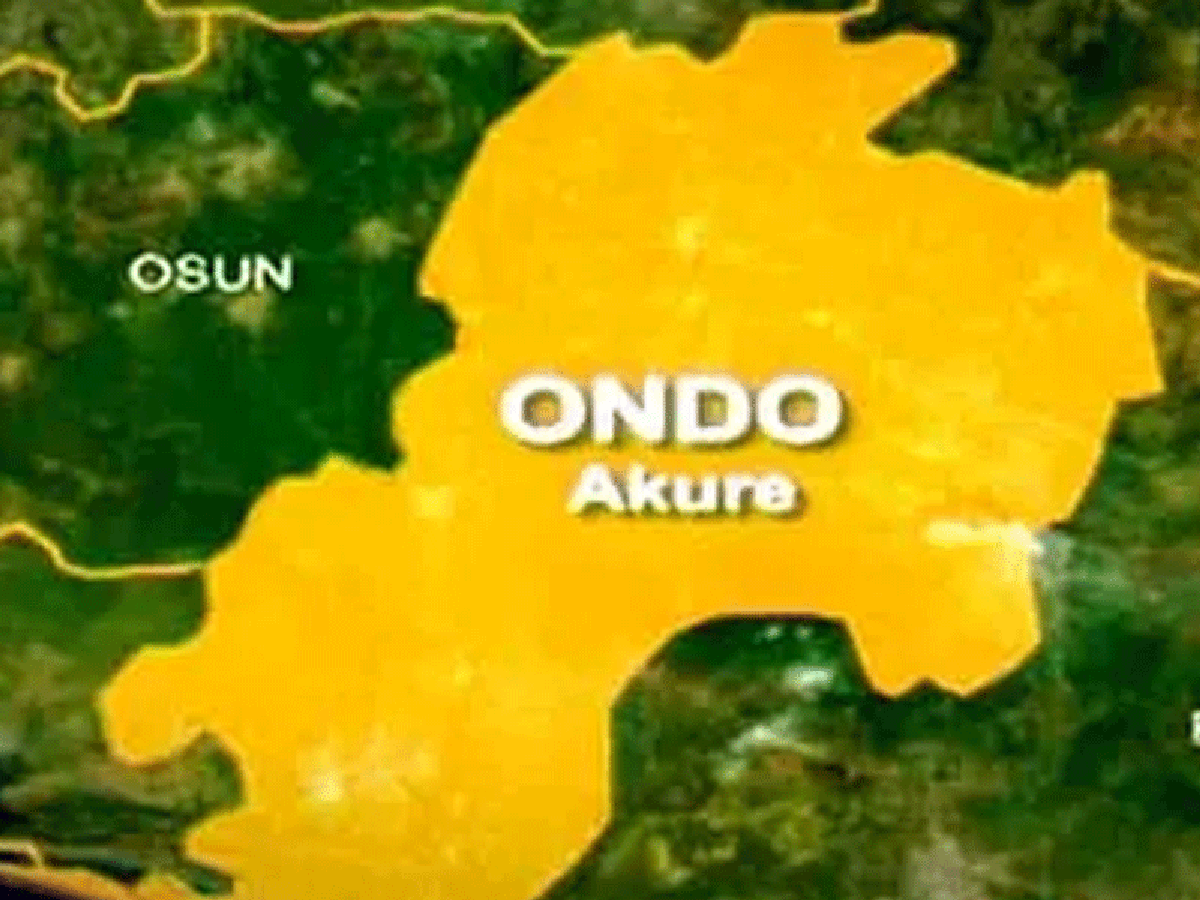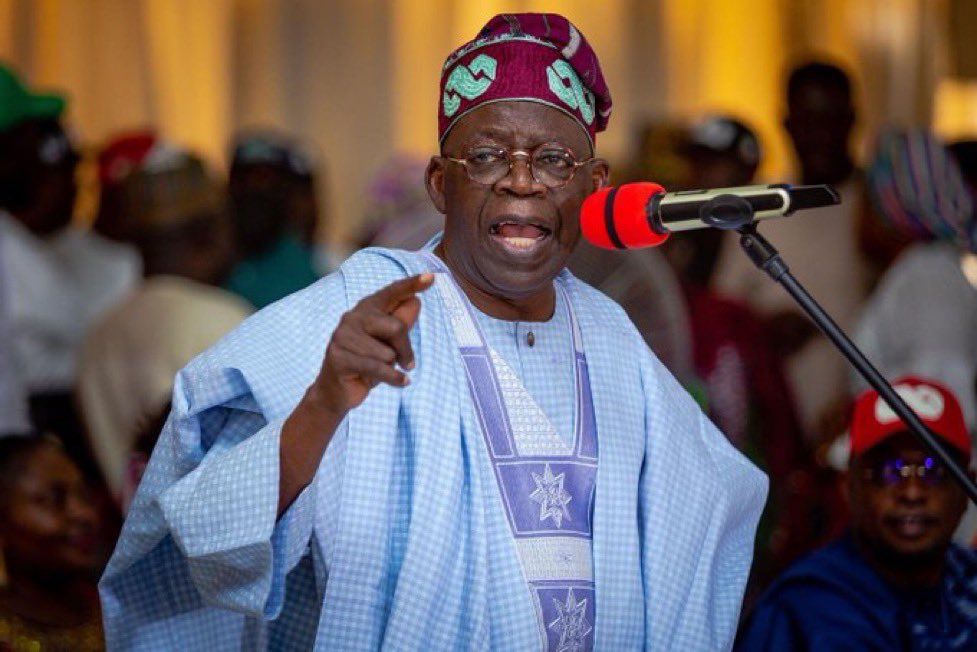Opinions
Of Lincoln and Igboho’s Ideologies By Gbadebo Adeagbo
Even though, Lincoln was the president of the United States of America then, he wielded enormous power to combat the overbearing forces from the South, Igboho on the other end is a private citizen that does not enjoy any federal power other than for his bravery and traditional fortification.
At least, these two characters, Abraham Lincoln and Sunday Igboho share the same philosophy of emancipation, civil rights and the liberation of their citizens: who are believed to be trampled by elements of oppression, internal suzerain and direct coercion, thus, making it succinct that only a fierce step to face the tall order would be the sure ticket for the total freedom of people who ought to be by virtue of providence, free to live the way they want.
Such a daring and conciliatory role played by the late America’s political sage, Lincoln, ushered him into the stardom of a “ Great Emancipator”, which literally means, a “ bondage breaker”. Abraham Lincoln helped in halting the unending slave trade and oppression of the people of the Southern America by elements of aristocrats or democratic apparatchiks, and would later call for a “one America”, in the face of the already established Southern Confederacy, even though such was achieved by war that claimed the lives of over 600,000 soldiers and millions of innocent citizens, alike.
Although, this title might pose absurdity in that some set of intelligentsias might be peeved that how can an ‘Igboho’, be likened to a great man and a father of democracy in America? They might want to showcase divergence of opinion that the Yoruba self-acclaimed emancipator is way too low in all ramifications to the American sage. Yet, to many, Sunday Igboho, might not be a brilliant persona, but his radicalism ideologies in a topsy-turvydom terrain like ours may have earned him much followership and allegiance by those who felt aggreived about the encroachment and incursion into Yoruba’s land by marauders masquerading as herdsmen.
Even though, Lincoln was the president of the United States of America then, he wielded enormous power to combat the overbearing forces from the South, Igboho on the other end is a private citizen that does not enjoy any federal power other than for his bravery and traditional fortification. The duos have the same thing in common: freedom for the people.
“Every field of history has its heroes”, said Evelyn Brooks Higginbotham, who is a Professor of History and chairperson of African and African American Studies at Harvard University. This statement is not only apt but having a towering approach over inferior context on how hero emerges. That is the same reason that made Martin Luther King to rise up to declare and preach for equality in the face of widespread discrimination, oppression and killing of the Black Americans.
In contrast, Yoruba land is seriously under threat. The safety of life and properties have been compromised if not, uncertain. That was the background that birthed the Igboho’s ideology, who was bittered about the killing of his kinsmen by suspected Fulani herdsmen. Part of his vexation was that, not only that the killing was done unabated, there is also a copious degree of kidnapping, rape, destruction of farm land, among others.
Statistics showed that a total number of over 2500 innocent Nigerians were killed between ( 2017—2020), according to a report published on Thisdaylive Newspaper. This data might not be totally accurate but it is indeed, a smoking gun indicating that the people of the country were killed just because they wanted to wage war against hunger and starvation.
Despite Igboho’s temerarious, his recent declaration of secession of the Yorubas would be the disharmony path between him and Abraham Lincoln’s ideology. According to him, “If any police attack us for that, we are ready for them. We don’t want Nigeria again, but Yoruba nation.” As daring as his intentions were, Igboho made the biggest flaw by announcing that the Yorubas are no longer part of the Nigeria’s union without following the right part of referendum— even in the face of some fragments of secessionists in some part of the southern part of the country. How can he achieve the secession by mere public declaration without causing total dislocation in the polity of the country? As laughable has that seems, it only shows that there is a lot of task to put forward by the government of the day In order to avert another bloodbath and civil war, just as Lincoln was unlucky to stop the civil war several years ago.
Over 150 years after the end of the civil war between the north and south in the United States, she is still being faced with various degree of conundrums. Despite the interventions of both Lincoln and Luther, there seems to be a no end in sight to the state of racism and other vices which has become the modern day threat and of course a replacement to the slavery and insecurity as at the time of the civil war. Just as we have seen the gruesome murder of George Floyd, several other Black Americans have been killed. Recently, there was a shooting spree at a Spa located in Atlanta which claimed the lives of several Asian-Americans.
As a matter of fact, the labour of patriots in the biggest seat of democracy has yielded result of upholding the integrity of the country, but, there are still divisible elements of racism, discrimination and white supremacy that is tearing apart the country, just as our dear nation, Nigeria, has for decades continued to battle insecurity, insurrection, banditry, terrorism, kidnapping, unemployment, poverty and many other social malady.
Related: Tension As Security Operatives Attempt To Arrest Sunday Igboho
There is urgent need to see Igboho’s questions as a ‘national question’ same way Lincoln saw the slavery and abject poverty of the Blacks which made him declare a total war on the culprits masquerading as aristocrats. Our own version of albatross is not even majorly about the Fulani herdsmen but about the structural settings of the country which has breeded nepotism, marginalization, promotion of ineptitude and a deliberate murder of federal character. As highlighted by Igboho, even though he sounds aggressive and bittered, what he listed has been the long age struggle of the country towards attaining greatness without leaving anyone behind.
In the lecture delivered by the Nigeria Governor’s Forum Chairman, and the Governor of Ekiti State , Dr Kayode Fayemi at the Arewa House, Kaduna, Dr Fayemi, was quoted as saying, “While we set out as a country on a somewhat progressive footing under the ‘Founding Fathers’, the reversals that we experienced mainly from the implosions that arose within the polity and the incursion of authoritarian rule, alongside its ‘civilian’ inflections, enthroned a paradigm of government and public governance that coalesced around waste, bureaucratic inefficiency, red-tapism and certainly, corrosive corruption”. While this statement remains ricocheting , it calls for a holistic approach in dealing with our “national questions”, which a character like Igboho has further buttressed and emphasized.
Although, like our founding fathers such as Chief Obafemi Awolowo as few others , Abraham Lincoln was positive about one indivisible United States and that prompted him to protect the sovereignty of the nation using a lethal approach. His stance and call for unity cannot be compared with the way Igboho may be handling the emancipation of the people of his race which to a large extent a wrong step even though if his intention were right and beneficial to the Yoruba race. Instead of calling for a national dialogue, consensus and debate on the root cause of our problem, such a brazen call for dislocation of the country by Igboho may not be well thought of especially at this volatile time in the annals of the country.
Like Igboho has itemized, the Fulani herdsmen incursion is a mere apppurtenance to the real problem facing the country which can only be addressed by leadership sincerity and commitment.
The observance of rule of law, government policies that would be active but, impartial, genuine anti-corruption war, job creation for the teeming youth population and ultimately promoting federal character in a manner that would see no part of the country as superior over the other. Though our problem might not be slavery in literally context, but it can also be likened to slavery in guise, imposed on us by our people: I think this is the type of slavery Lincoln fought sincerely for five years to a standstill. Whither Nigeria?
•Gbadebo Adeagbo can be reached via adeagbo76@gmail.com
Opinions
Between Japan’s Kaizen philosophy and Nigeria’s National Values Charter
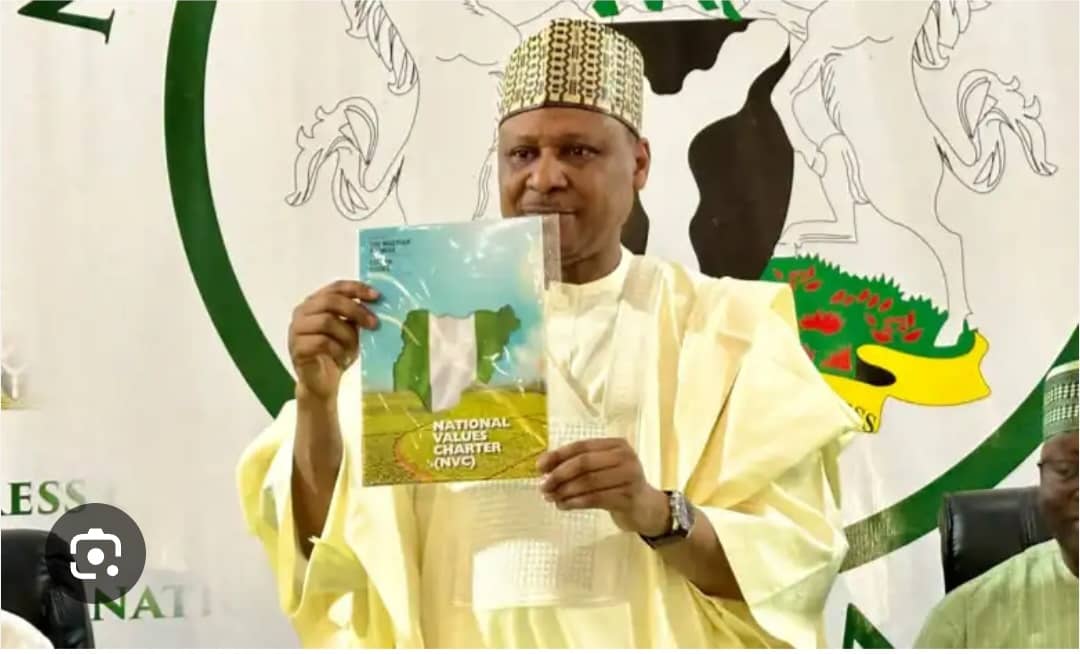
By Temitope Ajayi
Two days after DeepSeek took the world by surprise, a Financial Times report warned that the West should be worried by how China appears to be leading the Artificial Intelligence race.
Financial Times says the emergence of DeepSeek from the shadows, catching the West unawares, is a strong indication that China has mastered the art of ‘Kaizen’.
I recall that my first encounter with Kaizen, the philosophy that underpins the rise of Japan as the Asian economic powerhouse, is about 10 years now.
Societies like China, Japan, and South Korea that anchor their development models on their culture and value systems continue to break new grounds and are far ahead in innovation and human advancement.
At the heart of Japan’s success, especially in the manufacturing and service sectors, is the work ethics that are firmly rooted in the Kaizen philosophy. ‘Kaizen’ is a Japanese word that means continuous improvement or change for the better. The quest for excellence and attention to detail have been weaved into the social and moral fabrics of Japanese society as a matter of obligation.
It is this philosophy and social imperative that the Japanese take into product designs and execution. It is, therefore, not surprising that the world sees continuous improvement in every new edition of Japanese products like Toyota automobiles.
The concept of Kaizen became popular in the United States by the 1980s when it was discovered that the performance of Japanese companies was much better than their American counterparts. It became apparent that the difference between Japanese and American companies in terms of effectiveness and operational efficiency was the application of the Kaizen principle.
Kaizen philosophy is similar to the Yoruba Omoluabi ethos. Every major ethnic group and subculture in Nigeria and Africa has its own equivalent of such value systems.
We can only imagine our pace of development and progress as a country if we develop a national value system around the virtues of excellence, honour, and integrity. This means our workmen and women will pursue excellence as second nature in everything. Politicians will embrace public service as a matter of honour, and citizens will accept integrity as an article of faith in undertakings.
Our society is hemorrhaging as a result of value degradation. It is heartbreaking how badly we have drifted because we neglected our cultural values and practices that served as the guiding principles of society.
It is the responsibility of leaders at all levels to direct society to embrace enduring values that edify and promote human development. I believe we can still recover lost grounds. This is why the efforts being made by the Mallam Lanre Issa-Onilu-led National Orientation Agency to re-ignite a new wave of consciousness through the National Values Charter should be appreciated and promoted. The values charter has already been approved by the Federal Executive Council. President Bola Tinubu is leading this renewed effort to push value re-orientation to the forefront of public policy and national development agenda.
-Ajayi is Senior Special Assistant to President Tinubu on Media and Publicity
Opinions
Tinubu’s quest to overcome the power sector gridlock
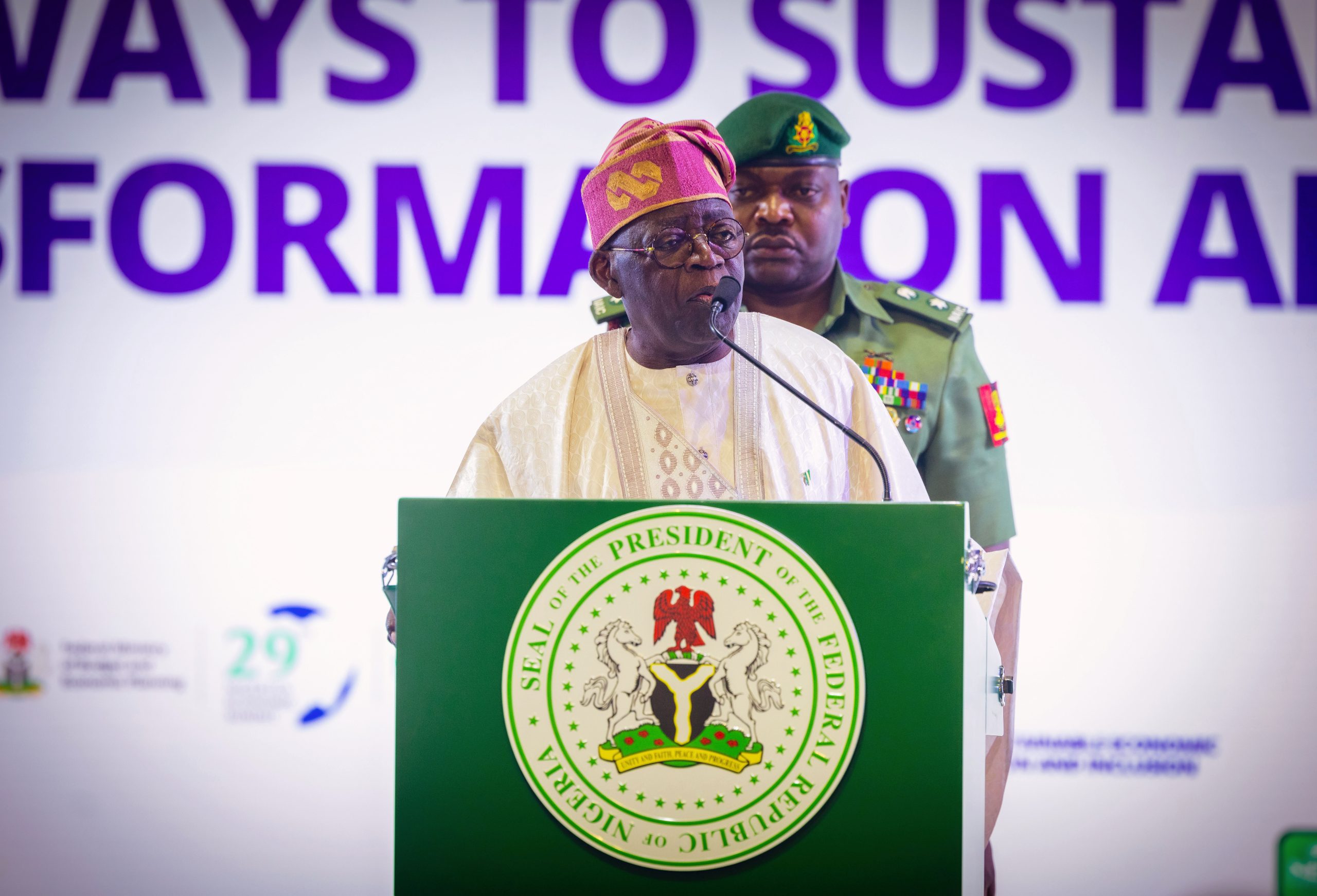
By Temitope Ajayi
Angered by the appalling situation of Nigeria’s electricity supply sector over several decades of doing the wrong things by successive governments with no remedy in sight, even after hundreds of billions of public funds had been expended, President Muhammadu Buhari in 2018 chose a different path that had worked in other jurisdictions.
He reached out to the then German Chancellor Angela Merkel to help solve the protracted power gridlock in Nigeria. The discussion between the two leaders gave birth to the FG-Siemens Energy AG Presidential Power Initiative in 2019. Under the terms of the agreement of the Nigerian Electrification Roadmap, Siemens Energy would ramp up electricity generation in Nigeria to 25,000 megawatt in six years, in three phases, from an average of 4000 megawatts the country had been stuck with for decades.
President Buhari was quite bullish about the project such that he put it under the direct supervision of his office with his Chief of Staff, late Abba Kyari, as the directing officer. The former president who didn’t want the project to be derailed by bureaucratic bottlenecks and red-tape made sure all man-made obstacles and deliberate obstructions were bulldozed with Abba Kyari in charge.
The unfortunate demise of Kyari in 2020 arising from Covid-19 while in Germany to get the power project underway rolled back the speedy implementation of what would have been a game-changer in Nigeria’s elusive quest for a stable and reliable power supply. Nigeria’s economy had been blighted by years of poor electricity supply. From available records, Federal Government has spent over $30 billion dollars to revamp the sector in the last three decades without any substantial progress. The economy is run on generators with Nigerians spending a staggering $10billion dollars (N7.6 trillion) annually on petrol and diesel to run their generators including the cost of maintenance, according to a 2024 report, “Beyond Gensets: Advancing the energy transition in Lagos State” published by Sustainable Energy for All (SEforALL).
True to his campaign promise to build on the achievements of his predecessor across all sectors and improve on governance performance in areas where it is required, President Tinubu, in demonstration of his unshaken believe in continuity of governance, took on the FG-Siemens Power Project as part of his priority projects in the energy sector.
It is necessary to state that this all-important power project had suffered undue delays since July, 29, 2020 when the Federal Executive Council approved the payment of €15.21m and N1.708bn as part of Nigeria’s counterpart funding for the offshore and onshore components of the project.
Managing Director, Siemens Energy Nigeria, Seun Suleiman, was quoted as saying then that, “Siemens Energy is committed to working with the Federal Government of Nigeria through the FGNPowerCo to see a successful implementation of the presidential power initiative. We have successfully carried out a similar project in Egypt.
“This project will transform the energy landscape of the country, and we are grateful the government has entrusted us with this notable initiative. We are capable, and we will deliver excellent results.”
In 2021, FGN Power Company, the Special Purpose Vehicle established by the Federal Government of Nigeria for the implementation of the PPI, announced the commencement of the grid network studies and power simulation training for technical experts in the Discos, TCN, NAPTIN and NERC, including provision of specialized power simulation softwares for TCN, NERC and all Discos. By December 2024, more than 100 experts across the sector have been trained on power systems simulation and network planning with skills to better manage the grid operations at various levels.
In the same year 2021, the Federal Executive Council approved the contract for the supply of 10 mobile substations and 10 power transformers by Siemens Energy for quick reinforcement of the grid as part of the pilot Phase of the project. Reports by FGN Power Company indicate that all the equipment have since been supplied and installed across the country.
However, the overall pace of the project delivery in terms of meeting timelines has not been impressive.
On assumption of office, President Tinubu saw the need to continue with the project and how timely delivery can transform the power sector for a country that desperately needs a reliable power supply for industrialisation and grow its economy. The status of the project came up at a bilateral meeting between President Tinubu and German Chancellor Olaf Scholz during the latter’s working visit to Nigeria in August 2024 in Abuja. At a follow-up engagement in Dubai in December 2024 during COP28, the Nigerian Government and Siemens Energy AG signed an accelerated performance agreement aimed at expediting the implementation of the Presidential Power Initiative (PPI) to improve electricity supply in Nigeria. The agreement that was signed by Kenny Anuwe, Managing Director/CEO of FGN Power Company and Ms. Nadja Haakansson, Siemens Energy’s Senior Vice President and Managing Director for Africa, was witnessed by President Tinubu and Chancellor Scholz.
Under the accelerated performance agreement, Siemens Energy will see to the end-to-end modernization and expansion of Nigeria’s electric power transmission grid with the full supply, delivery, and installation of Siemens-manufactured equipment.
Furthermore, the agreement will ensure project sustainability and maintenance with full technology transfer and training for Nigerian engineers at the Transmission Company of Nigeria (TCN).
In a major demonstration of President Tinubu’s commitment to the power project and a positive shift towards execution, the President led the Federal Executive Council on December 16, 2024 to approve €161.3 million Euros for the execution of the contracts in the first batch of the Phase one of the projects across the country following earlier approval of the transaction by the Bureau of Public Procurement.
Addressing journalists after the FEC approval, an enthusiastic Minister of Power, Adebayo Adelabu, with the renewed vigour to deliver on the project said, “at the Federal Executive Council meeting, there were basically two approvals for the Federal Ministry of Power, as I presented. The first was actually an approval for the award of contract for engineering, procurement, construction and financing for the implementation of the 331 32 KV And 132 33 KV substations upgrade under Phase One of the Presidential Initiative, popularly known as the Siemens project consequent upon completion of the pilot phase of this project.
“So, the Federal Executive Council considered it necessary for us to move forward as promised by the President of the Federal Republic of Nigeria at a meeting he held with the President of the Republic of Germany.”
The latest FEC approved scope of work includes upgrade of TCN substations in five locations of Abeokuta (330/132/33kV), Ayede (330/132/33kV), Offa (132/33kV), Onitsha (330/132/33kV) and Sokoto (132/33kV). These substations were carefully selected as Batch 1 of the brownfield scope of the Phase 1 projects to increase the wheeling capacity of the transmission network grid.
In the same vein, FGN Power Company will implement assets upgrade and enhancement in the distribution networks, in collaboration with the Distribution Companies (Discos) to ensure last-mile delivery of the evacuated power to industrial customers and residential consumers. These locations are load centres that are currently underserved and require swift enhancements. The execution of the project will be fast tracked and completed under the President Bola Ahmed Tinubu administration.
It’s important to state that the FGN Power Company has started working on other priority brownfield and Greenfield projects in target load centres across the country. Special attention is also being paid to the execution of systems and products to enhance grid resilience and stability to reduce the frequent occurrences of grid disturbances.
In December 2024, Minister of Power Adelabu commissioned the mobile substation in Saapade, a suburb of Shagamu in Ogun State. This has enhanced power evacuation and delivery to industrial customers within the Shagamu hub. Similarly, another mobile substation was commissioned at the Ajibode area of the University of Ibadan to enhance power delivery to the university community and adjoining areas. Before then, mobile substations and power transformers have been commissioned and energized in Ajah Lagos, Mando Kano, Jebba Kwara State, Okene Kogi, Amukpe Delta, Potiskum Yobe, Apo Abuja and Ihovbor Edo.
While the implementation of the Presidential Power Initiative is going on, President Tinubu has equally inaugurated the Presidential Metering Initiative, which aims to increase the rate of smart metering of all customers in a commercially sustainable manner. The roll out of the metering solutions has started. It is expected that the combined impact of assets upgrade through Presidential Power Initiative (PPI) and metering through the Presidential Metering Initiative (PMI), coupled with efforts of subnational electricity markets will bring lasting solutions to the challenges of electricity supply in Nigeria.
With President Tinubu’s committed leadership, the parlous state of the power sector will be reversed, and Nigerians and the economy will experience a new lease of life with reliable electricity supply that will geometrically increase productive activities. Indeed, the president’s strategic approach to resolving the multifaceted challenges in the power sector is yielding visible results. The restructuring of the tariff regime, intervention in the commercial imbroglio on gas supply, additional investments in infrastructure through PPI, enactment of the new Electricity Act which provides legal framework for further decentralisation of the sector and devolution of more responsibilities to the subnational governments, are all part of the renewed hope agenda for the power sector to bring sustainable solutions.
-Ajayi is Senior Special Assistant to President Tinubu on Media and Publicity
Opinions
Kemi Badenoch: It’s time for a Rethink
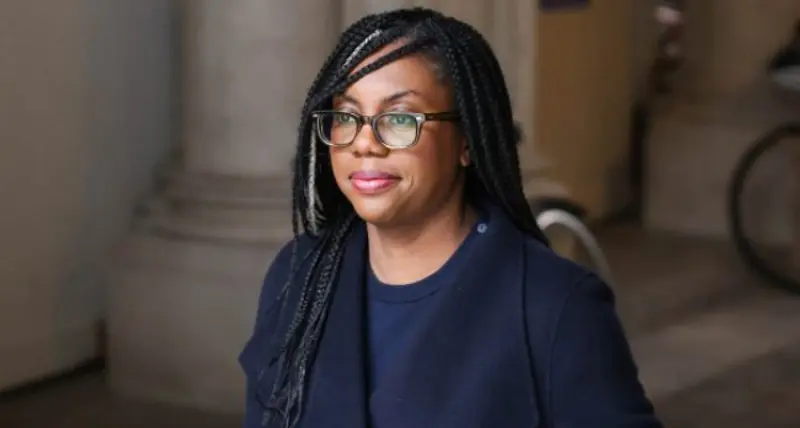
By Tunde Rahman
Kemi Badenoch’s ill-advised denigration of Nigeria has refused to go away. Her belittlement of the country of her ancestry is still generating passionate public discourse within and outside the media space, and it appears the matter will not go away anytime soon.
Exasperated by Kemi Badenoch’s misguided attacks on Nigeria, Vice President Kashim Shettima recently counseled her to drop the Kemi in her name and bleach her ebony skin to white to further appease her Tory party and British establishment. And perturbed and seemingly lost by all that, my daughter, Kemi Mushinat, who recently graduated in Communication Studies, asked what was wrong with the name Kemi. There is nothing wrong with the name, I explained. But a lot is wrong with Kemi Badenoch (Nee Adegoke), the Leader of the British opposition Conservative Party, who opted to behave, as the Yoruba would describe it, “bi omo ale to fi owo osi ju we ile baba e”, meaning like a bastard who would go out to denigrate her ancestry by pointing the offensive finger at her roots.
Honour and dignity are inherent in the name Oluwakemi, indeed in any name. But what confers dignity, what glorifies a name, is the character the bearer brings into it. Kemi Badenoch left much to be desired, disparaging Nigeria, our motherland. She painted a gory picture of her growing up years in Nigeria from the middle of the 80s to around 1996, highlighting stories of poverty, infrastructure decay, decadence, corruption, police excesses, and leadership failure. Perhaps some of her narratives could be true, particularly in the time that immediately followed the National Party of Nigeria (NPN) misrule and the indiscretion of the emergent military regime. However, her stories reek of generalisations and prejudices often associated with most analyses by a section of Western media and commentators. They view Nigeria with their jaundiced lenses, describing the country as made of a Muslim North and Christian South, oblivious of the various Christian minorities in the North and, the plethora of Muslims in the South and the multiplicity of ethnic groups in the two divides that make a mockery of any analysis of a monolithic North or South. They view us Africans with many unproven, unorthodox assumptions.
My problem is with Mrs. Badenoch, an African, whichever way you slice it, and the character she has chosen. When Vice President Shettima lambasted her for demeaning Nigeria, Kemi Badenoch thought she had a clincher:
“I find it interesting that everybody defines me as Nigerian,” she said. “I identify less with the country than with the specific ethnicity (Yoruba). That’s what I am. I have nothing in common with the people from the North of the country, the Boko Haram where the Islamism is; those were our ethnic enemies and yet you end up being lumped in with those people.”
In that statement, the Tory leader disavowed Nigeria and excoriated the North but exalted the Yoruba. She repudiated the whole, attacking one part of the nation but embracing another. Kemi Badenoch grossly misfired, hiding under the finger of ethnic nationalism.
Perhaps it would have been pardonable if, for instance, she opposed Nigeria’s federal system and canvassed regionalism or confederacy. To condemn one race and elevate another is like playing one part against another. That utterance is dangerous in a diverse and volatile society like ours. The North (read the Hausa-Fulani, Kanuri, Tiv, Birom, Mangu, Ibira, Nupe, and many others who cohabit the entire Northern region) is no enemy of the Yoruba as Mrs Badenoch insinuated. The North voted massively for Asiwaju Bola Tinubu, a Yoruba man, to emerge president in 2023, as they did for the late Bashorun MKO Abiola, the winner of the annulled June 12 election in 1993. To label them the enemies of the Yoruba is condemnable.
Badenoch’s Yoruba roots emphasise good character and promote good neighbourliness, religious harmony, peaceful co-existence, respect for elders, and respect for other people’s rights. That is why Yoruba intermarry with members of different ethnic groups. It’s also commonplace in Yorubaland to find members of the same family having adherents of Islam and Christianity cohabiting together without any hassles. Boko Haram or its last vestiges poses a security challenge, perhaps a religious and sociopolitical challenge, for Nigeria, not just for the North or the North-east which is why the government and our armed forces have battled to a standstill and are still battling the insurgents.
Therefore, the values the UK Conservative leader espoused did not represent the Yoruba. They are not the values the Yoruba would showcase, uphold, and promote. Yoruba has a rich history of culture, tradition, leadership, and loyalty to constituted authority.
Mrs Badenoch’s formative years, which she derided with negative stories of decadence, perfidy, and corruption, were part of Nigeria’s dark periods when the military held the country and the people by the jugular.
Is Kemi Badenoch now giving the impression that nothing has changed in Nigeria, particularly in Lagos, where she grew up after birth in London? Is she giving the impression there have not been significant improvements in the standard of living and infrastructure, with the rehabilitation of existing roads and opening up of new ones; in transportation with the multi-modal system complemented by water transportation and now the rail system, among other things? Despite its challenges, there is no doubt there has been a remarkable development in Lagos from the foundation laid by then Governor Bola Ahmed Tinubu (now President Tinubu) from 1999 to 2007 till the present Governor Babajide Sanwo-Olu to the point that Lagos has emerged as one of largest economies in Africa. Lagos State has made significant progress across all indices of development such that if it were a country, it would have ranked the sixth largest economy on the continent.
What has emerged in the entire Kemi Badenoch’s saga is her seeming double-face or multiple-face. When she was campaigning to represent her diverse Dulwich and West Norwood Constituency in the UK Parliament in 2010, she had appealed to the Nigerian community, comprising Yoruba, Hausa-Fulani and Igbo, under the aegis of “Nigerians for Kemi Badenoch,” pleading for help in the election. A campaign document that surfaced on social media showed she had reached out to all Nigerians in that constituency while highlighting her roots. In that document, Badenoch had said to her Nigerian supporters:
“I need your help. I’m running for parliament in the 2010 UK general elections. The race is very tight. Last year, the News of the World surveyed this constituency, and the forecast was that I would win. Things are much tougher this year as the party has dropped nationally in the polls. I need your help.
“I am asking for your help now to support a Nigerian trying to improve our national image and do something great here.”
After winning the election, however, she deployed her situation in Nigeria as a talking point to rally support for her policies, for which she was accused of exploiting her roots for political gains.
Her rhetoric has drastically changed with her emergence as the Leader of the Conservative Party. In the carriage, conduct and statements, she is now out to please the White establishment, particularly the White wing of her Conservative Party, subjugating her people to make Britain look good. She doesn’t mind running down anyone, including the Nigerian people and the British blacks generally.
Will this advance her politics or status? I do not think so. The British respect culture and tradition. Running down a country’s history and culture may not attract much attention. Britain also respects her relations with other countries, particularly Nigeria, given our age-long relationship. Nigeria is a significant trade and investment partner of the UK in Africa. According to the UK Department for Business and Trade, as of December 20 2024, the total trade in goods and services (exports plus imports) between the UK and Nigeria amounted to £7.2 billion in the four quarters up to the end of Q2 2024, an increase of 1.2% or £86 million in current prices from the four quarters to the end of Q2 2023.
Britain would not want to harm that substantial trade partnership and excellent relationship between the two countries in any way.
Also, several Badenoch’s Conservative Party members do not share her attitude towards Nigeria. In Zanzibar, I recently ran into Jake Berry, a top Tory Party member and former Cabinet member in the UK. While discussing the Badenoch matter, he said most Conservative Party members disagreed with her.
Kemi Badenoch has recorded an outstanding achievement in two decades of entering British politics. She joined the Conservative Party at the age of 25. Today, she stands not just as the Leader of the biggest party in Britain’s history but also as the highest black person in the United Kingdom. Her extraordinary accomplishment should have been used to inspire young people to achieve similar feats and as a foundation to inspire positive change in her country of origin, not to denigrate Nigeria or cause division and disaffection among her people. It is not too late for Mrs Badenoch to rethink and toe the line of rectitude.
-Rahman is Senior Special Assistant on Media Matters to President Tinubu.
-

 News1 week ago
News1 week agoUvisuals Studios and Ark and Rainbow Development Foundation screens short film – LOTUS
-

 Entertainment1 week ago
Entertainment1 week ago‘Eezee Concept vowed to destroy my career’ – Mercy Chinwo
-

 News1 week ago
News1 week agoFour arrested in Anambra for burning 74-yr-old woman to death
-

 News6 days ago
News6 days ago2027: I’m not against coalition – Peter Obi
-

 News5 days ago
News5 days agoLAGOS BEGINS 3-DAY FREE HIV TESTING AND COUNSELLING SERVICES IN 19 RIVERINE COMMUNITIES
-

 Sports1 week ago
Sports1 week agoEPL: Salah overtakes Thierry Henry in all-time top goalscorer chart
-
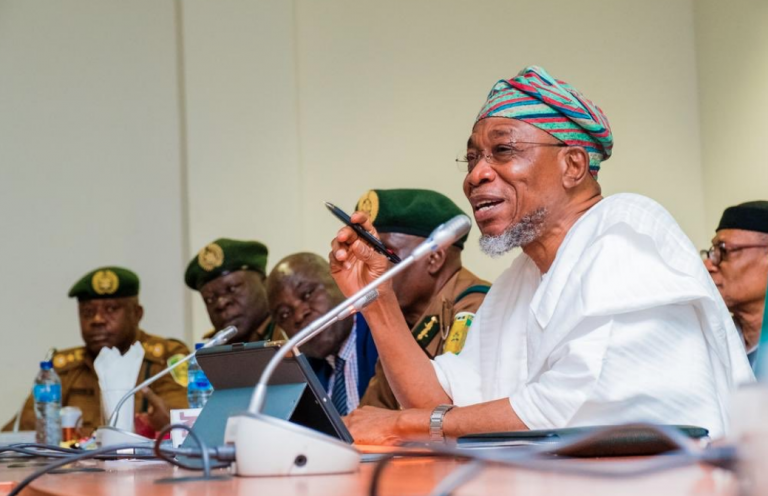
 Politics1 week ago
Politics1 week agoOsun 2026: Aregbesola, political family dump APC
-

 News1 week ago
News1 week agoRemedy Yange, EFCC Operative, Dies Suddenly on Lagos Street


